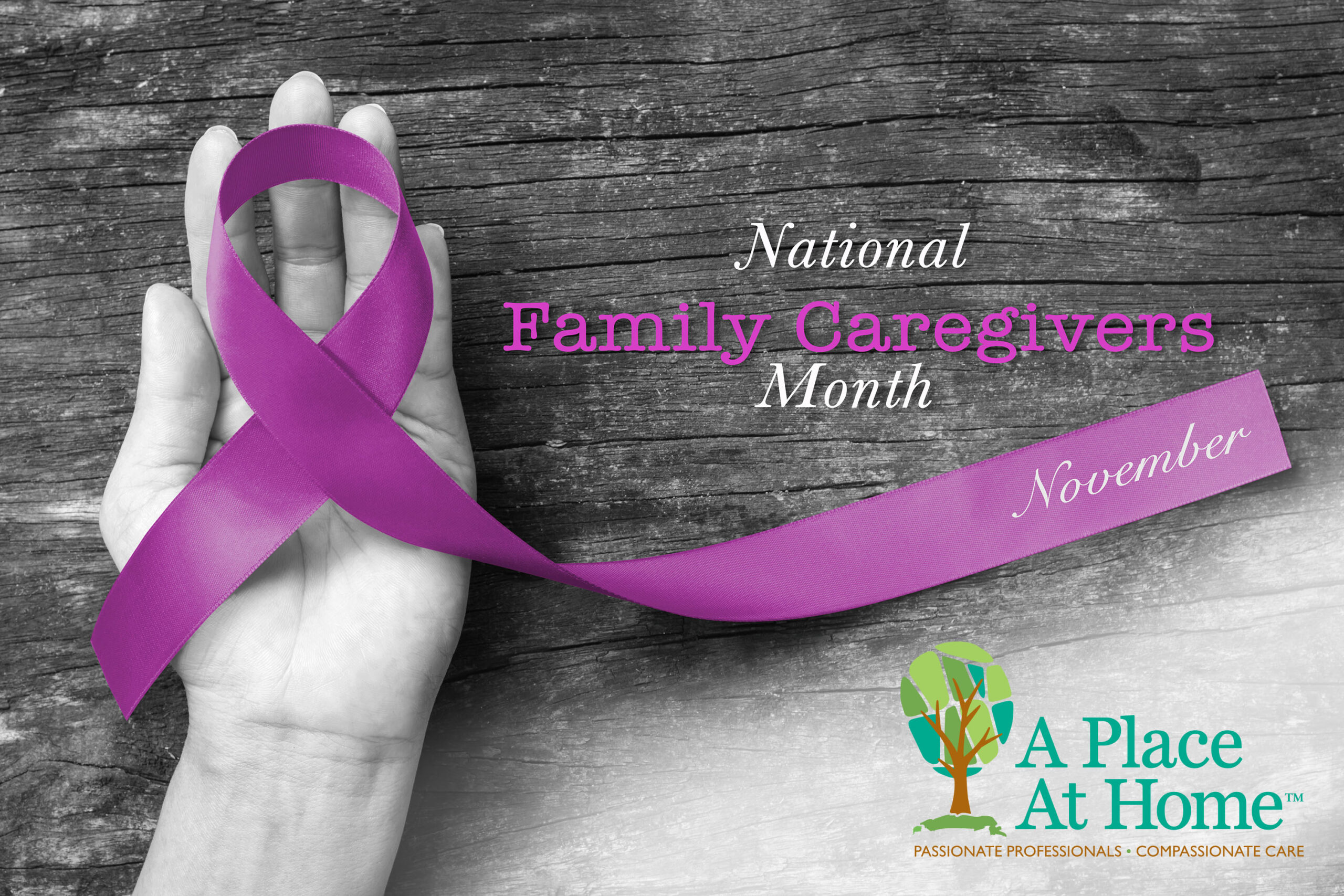Self-care has become an often-touted buzz word in the last few years, and for good reason. As the world spins around us, we find ourselves taking care of our children, our jobs, our houses, our parents… the list goes on and on. There is one thing that remains the same as our lives evolve: you cannot effectively care for others if you’re not taking care of yourself. In the year 2020, with the world seemingly tilted on its axis due to the global pandemic that is COVID-19, self-care is even more relevant than before.
All of us have found ourselves at the mercy of the uncertainty of what will come next. Indeed, we are in a situation that few, if any of us, have any familiarity with. Now more than ever, we need to practice self-care. This is true if you’re an essential employee, or an essential family member trying to hold your life, and the lives of your loved ones together. Even in the surrealness of today’s world, there are things you can do to find balance.
Fuel Your Body
With restaurants across the nation closing their dining rooms, and grocery shopping whittled down to a once-weekly affair, it’s easier than ever to ensure your body is getting the nutrients it needs to stay healthy, both physically and mentally. Much of our mental health is connected directly to the physical health of our bodies. It’s easy to slip into a routine of shopping for non-perishables right now. However, ensuring you and your family are consuming lots of fruits and vegetables keeps your immune system strong and your mind balanced.
Staying active is another great way to fuel your body. You don’t need fancy equipment to stay active; get out and explore your neighborhood with your pet, or a hike in nature.
Fuel Your Mind and Spirit
Even if you’re considered an essential employee, your time outside of work has likely opened up as recreational and social activities have closed down. Use this time wisely. Dive into all the things you might have complained about not having time for in the past. Read books, learn new recipes, write, get back into an old hobby that you haven’t had time for. The activity itself doesn’t matter. What’s important is that you enjoy it, it fills your cup and keeps your thoughts occupied on something other than COVID-19.
Fuel Your Relationships
Now isn’t the time to get together with your friends – but you can still stay in touch with them. We have the opportunity now to utilize technology and social media for more than scrolling. Start a weekly group chat and do a virtual “happy hour”, or use zoom to play a virtual game of Pictionary. Reconnect with those living in your household now that you all have time. You’re in the same place, go for walks together. Take advantage of having nowhere to be and cuddle up on the couch for a movie night.
The world is far different than it was just a couple of months ago, and it can be easy to let the pandemic and all that comes with it consume your thoughts. Instead, we invite you to turn your TV off, put your phone down, take a breath, and take care of yourself in a way that allows you to focus on all the things you have in your life to be grateful for.
If you’re still finding yourself in need of extra help, there are still ways to make every day life easier. Contact us to set up a free consultation.



